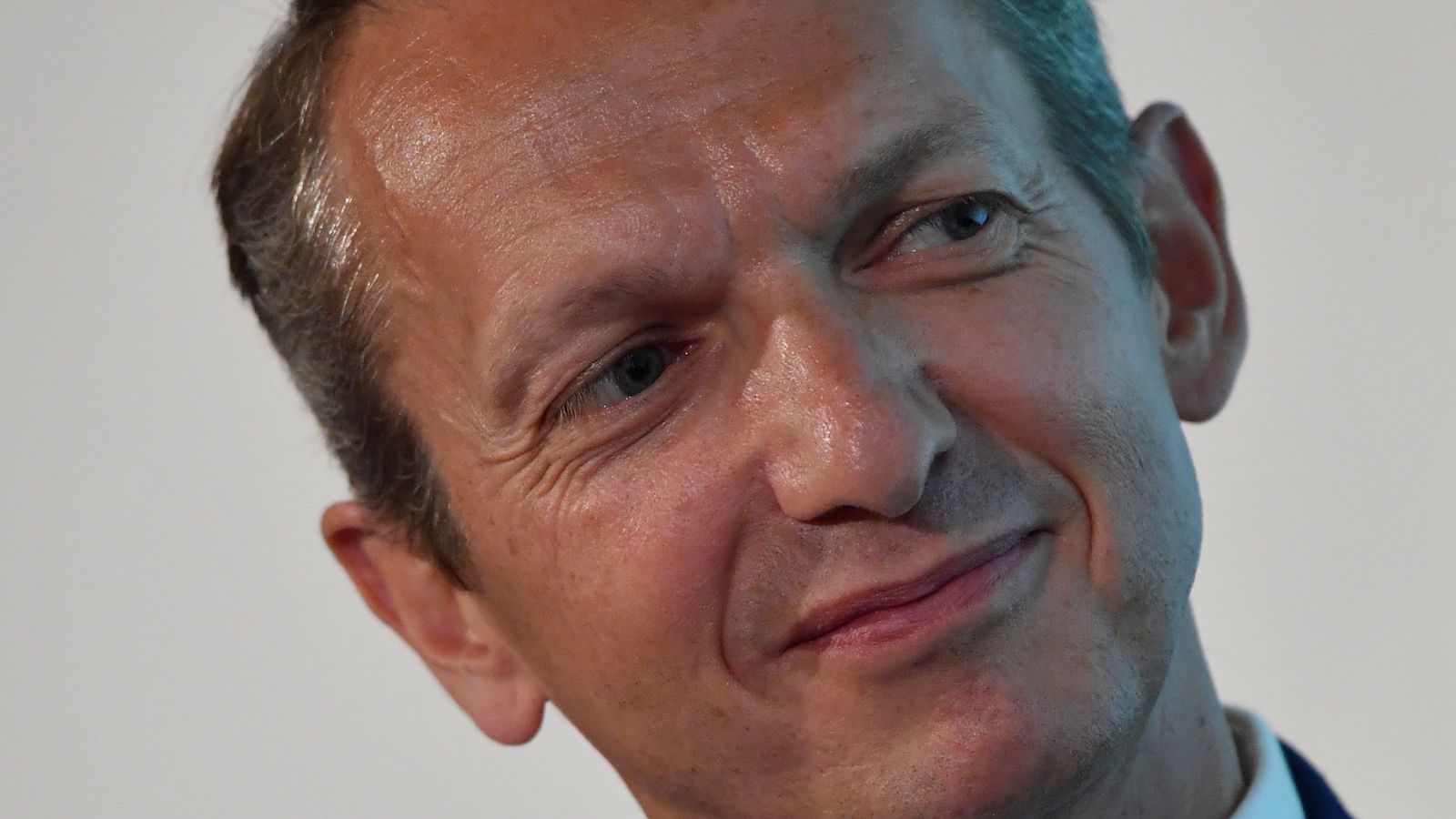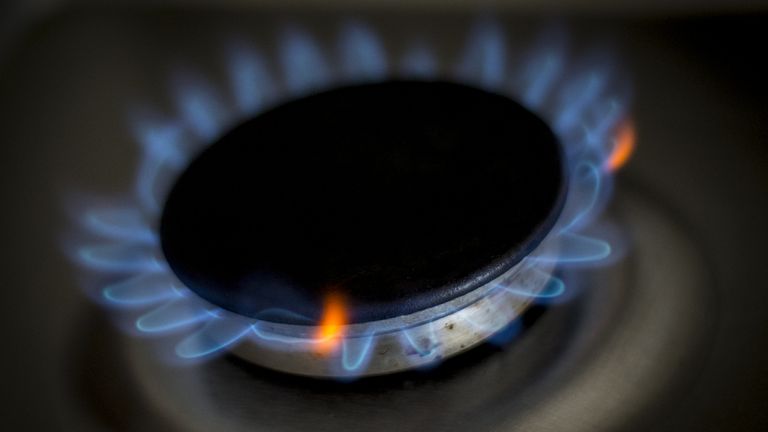Britain must avoid an inflation spike “like the plague”, according to the Bank of England’s chief economist.
Andy Haldane’s comments at the Treasury Select Committee come amid evidence of prices surging on many consumer and manufacturer goods throughout the UK economy.
The Bank’s chief economist, who is standing down later this summer, voted to curtail the Monetary Policy Committee’s quantitative easing scheme earlier this month, so his concerns about rising prices are not a surprise.
Yet they underline the worries among many economists about increases in the cost of living, which is partly sparked by the economic recovery and partly by a shortage of raw materials around the world.
Mr Haldane said: “The situation we need to avoid like the plague is one where inflation expectations adjust before we do or where we wait for proof positive that effects on inflation are not transitory before acting.
“Because in both of those cases that would be doing too little too late.
“With this degree of unprecedented-in-peacetime fiscal and monetary stimulus being injected into an economy… that’s why I reached my own judgement about why we needed to turn off the tap.”
He also said: “It is hard to find very many goods or assets which aren’t going up [in price] right now, with the dishonourable exception of bitcoin.”
The Bank’s governor Andrew Bailey, however, said that the recent rise in the consumer price index measure of inflation, which showed annual price increases rising from 0.7% to 1.5% in April, was not a surprise, and that the Bank was attempting to look through a “hump” in inflation.
Mr Bailey said: “In the Monetary Policy Report our forecast suggested that inflation… will rise to target and be above 2.5% this year. We then think it’ll come back down.
“There are some very hot spots in terms of prices – no doubt about that. They reflect some global effects. Global commodity prices have increased, there is a world shortage of semiconductor chips.
“This is quite an unbalanced recovery, so the demand in goods markets is much stronger than services.
“We’ve got this hump in the forecast: inflation going up and coming down. We have to watch this very carefully. We haven’t seen any sign inflation expectations are rising in a concerning way.”
:: Listen and subscribe to The Ian King Business podcast here
With interest rates still at 0.1% – the lowest in history – and the Bank continuing to create money to pump into the economy through its quantitative easing scheme, some worry the Bank is waiting too long to reduce its stimulus and bring prices under control.
Some of the Treasury Select Committee hearing focused on the collapse of Greensill and the travails of Sanjeev Gupta’s steel companies.
Mr Bailey revealed that the Prudential Regulatory Authority – the Bank’s financial regulation arm – was concerned about Gupta’s Wyelands Bank back in 2019, and had referred it to the Serious Fraud Office and National Crime Agency.
This may raise further questions about why the authorities did not clamp down on Mr Gupta sooner.

